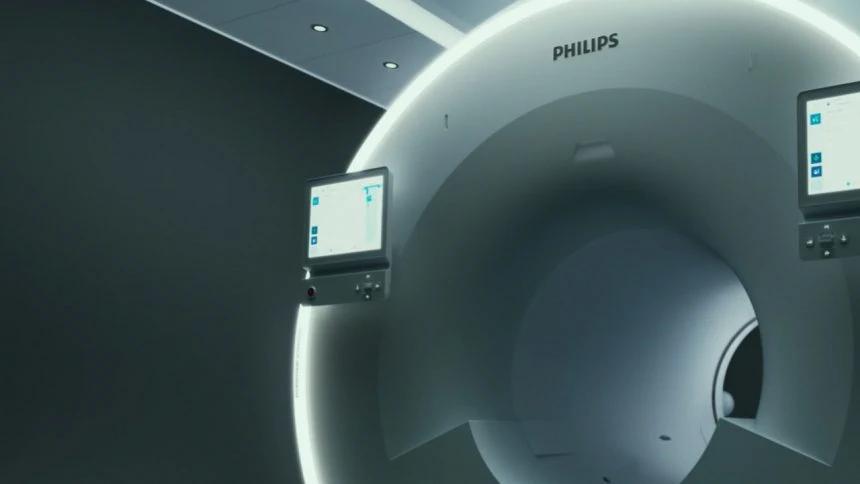MSU Veterinary Medical Center to install powerful MRI
The Philips MR 7700 is the first of its kind to be installed in a veterinary setting
Michigan State University Veterinary Medical Center announced that it will be installing a state-of-the-art MRI system this fall to provide images of the patients that are clearer than ever. The new MRI machine will help veterinary professionals at MSU diagnose medical issues accurately through the images to help determine targeted treatment plans.
“The Philips MR 7700 is the first that Philips will have installed in a veterinary setting,” explained Rebecca Linton, AAS, ARRT, BAS, MBA, who manages the Hospital’s Radiology Service, in an organizational release.1 “This puts us at the forefront of clinical imaging. MRI technology is constantly developing and advancing — with the new system’s features, we’ll be positioned to perform any type of imaging study that may be desired over the next 20 years.”
According to the release, The Philips MR 7700’s magnet is double the field strength of the hospitals previous MRI, going from 1.5T to 3T.1 The new system will also utilize artificial intelligence and deep learning to refine the image quality and scanning process. The new MRI can also use multi-nucleic imaging, which is in its earliest stages. MSU also hopes to utilize the system’s power to help expand the utility of medical specialties of MRI’s that have been not utilized in the past.
The Phillips MR 7700 (Image courtesy of Michigan State University Veterinary Medical Center)

“Say for example we must scan a tiny cat patient in which some structures are sub-millimeter in size,” said Jody Lawver, DVM, DACVR.1 “A higher signal-to-noise ratio provides the resolution needed to better see tiny structures, like nerves and cartilage; to identify whether they’re normal or abnormal. This additional diagnostic information helps us more fully characterize the condition and ultimately better guide therapeutics.”
When it comes to testing, the new MRI will give radiologists at MSU superior image quality 30-50% faster than it was prior to the new MRI.1 Through this new system, MSU hopes it will help the do their part to further innovation with the veterinary industry.
“These time savings can also be important for patient care,” Lawver continued. “Animal MRI requires general anesthesia, which can lead to a decrease in the patient’s body temperature and other problems like myopathy in horses. For heavy animals and patients that require surgery immediately after the MRI, it’s important to minimize MRI procedure time to ensure our patients remain warm, limiting complications. Our expert imaging, surgery, and anesthesia teams work closely together to balance imaging needs while maximizing patient care.”
To prepare for the new MRI, MSU Veterinary Medical Center will not be accepting referrals for large animal MRIs starting on August 11, 2023 and will start back up again when the construction is complete in 2024.2 Small animal MRIs will still be accepted at the center. If you need to refer a patient for a large MRI scan, the closet 3T MRI is at The Ohio State University Veterinary Medical Center.3
Reference
- Powerful MRI at MSU first of its kind in a veterinary hospital. News release. Michigan State University Veterinary Medical Center. August 30, 2023. Accessed August 31, 2023. https://msutoday.msu.edu/news/2023/powerful-mri-at-msu-first-of-its-kind-in-a-veterinary-hospital
- Referrals. The College of Veterinary Medicine at Michigan State University. Accessed August 31, 2023. https://cvm.msu.edu/hospital/services/diagnostic-imaging/referrals
- Habing A, Hostnik ET, Urion R (becky). Veterinary radiology. The Ohio State University Veterinary Medical Centeer. Accessed August 31, 2023. https://vet.osu.edu/vmc/companion/our-services/veterinary-radiology










